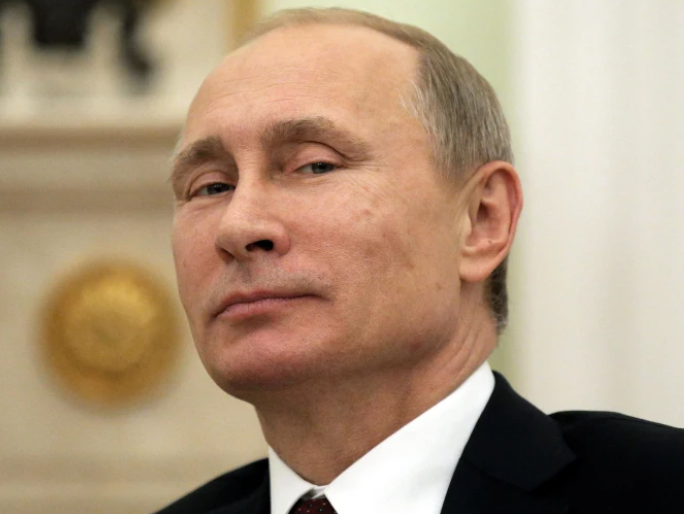$GAZP $SNGS $OIL
#Russia #USSanctions #OilIndustry #RussiaOil #GazpromNeft #Surgutneftegas #EnergySector #OilExports #GlobalMarkets #FossilFuels #SanctionsImpact #Geopolitics
Russia has sharply rebuked the recently imposed U.S. sanctions on its oil sector, signaling its intention to strengthen domestic oil and gas projects despite growing international pressure. The measures, introduced by the outgoing U.S. administration, represent the most significant restrictions yet on Russia’s global energy influence. These sanctions target key industry players, including Gazprom Neft and Surgutneftegas, two of the country’s largest oil producers, alongside 183 shipping vessels, oil traders, service providers, and energy officials. Russian leadership swiftly labeled the move as an attempt to undermine its strategic standing in the global oil market. In response, Moscow maintained that it remains a “key and reliable player in the global fuel market,” emphasizing robust efforts to insulate its economy from Western influence.
The sanctions are expected to significantly disrupt investor sentiment and the operational capabilities of some of Russia’s largest energy firms. Gazprom Neft and Surgutneftegas play pivotal roles in oil production and export logistics—both critical components of Russia’s economic structure. Sanction restrictions on financial transactions and access to U.S.-owned assets could erode liquidity and complicate global trade contracts for these oil majors. Moreover, the inclusion of marine vessels and service providers highlights the U.S.’s strategic attempt to choke logistical and industrial supply chains fueling Russian oil exports. Analysts suggest that, in the short term, these sanctions could elevate oil price volatility, particularly with Brent Crude already holding a sensitive position near $90 per barrel amid constrained global supply chains.
Despite the economic pressure, Russia appears adamant about circumventing these obstacles and prioritizing self-reliance in its energy sector. Moscow is expected to look eastward to strengthen ties with Asia, particularly China and India, which remain substantial buyers of Russian oil despite geopolitical tensions. Market observers note that although these sanctions are powerful, they may fall short of significantly shrinking Russia’s presence in global markets due to the continued demand for its discounted crude in key regions. For Russia, this could trigger increased investment in domestic infrastructure, such as pipeline projects and refinery upgrades, aimed at reducing dependency on Western technologies and systems, reinforcing its long-term energy production goals.
The introduction of these sanctions underscores the complex interplay between geopolitics and global energy markets. For the U.S., this strategy represents an effort to curb Russia’s economic influence while consolidating alliances with European partners who have expressed heightened concerns about energy security since the Ukraine conflict. However, the broader impact on global energy supplies remains a significant risk. With OPEC+ nations already tightening production quotas, any substantial blow to Russian exports could further strain supply-demand balances and exacerbate inflationary pressures worldwide. As traders react to evolving sanctions enforcement, energy markets are poised for heightened uncertainty, likely driving continued interest in oil-backed ETFs or energy equities as hedges against macroeconomic volatility.











Comments are closed.